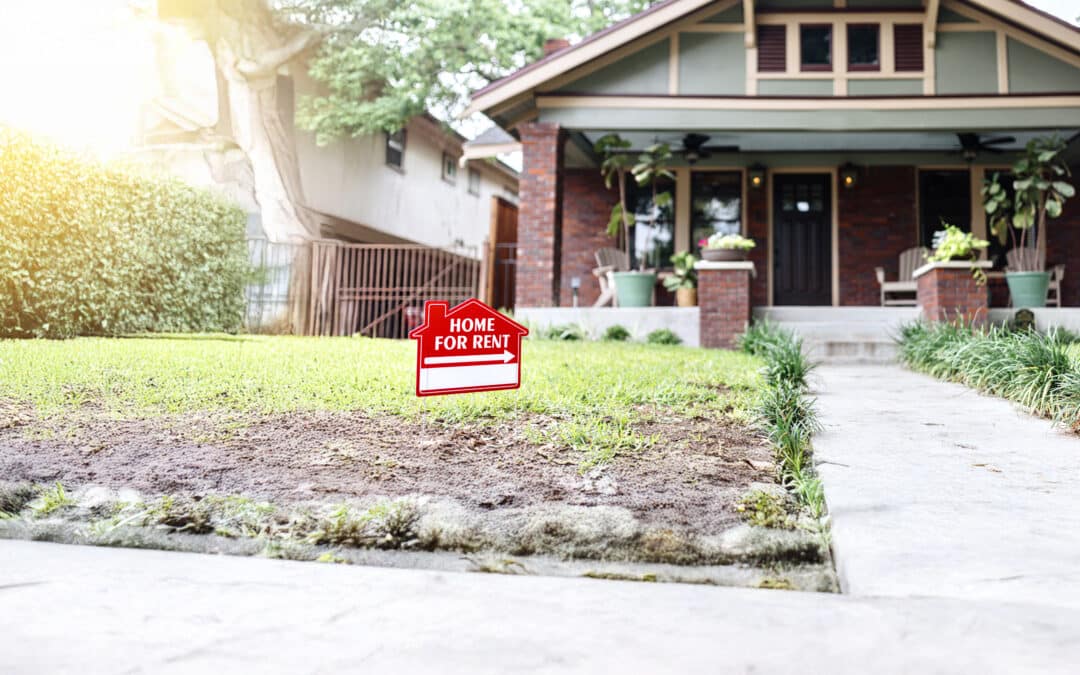When the market is performing well and investors are enjoying monetary benefits from their investments, it can be easy to forget that what goes up can also come back down. The Covid-19 pandemic has greatly affected all industries and many experts have predicted a financial downturn in the offing.
While economic downturns tend to prepare people for a recession, it’s also another chance for progressive investors to make money. After all, it’s essential to make sure you’re well-prepared for a recession. You don’t want to join the panic bandwagon as many investors get rid of their investments in favor of liquidity.
Real estate is known to provide a safe haven for investors during a recession. However, not all classes of real estate perform well. So, which real estate investment options will make you a successful investor during a recession? The following are some of the strategic options suitable during an economic downturn.
Commercial Real Estate
Commercial real estate is one of the best opportunities available for flexible investors willing to take action. One of the things you can observe by studying the past recessions is that some real estate investors made a killing once the economy began to recover. Why is commercial real estate suitable during an economic downturn?
When the economy is doing badly, spenders cut back on their expenditure. This means that many businesses are unable to meet their sales targets, therefore are unable to pay rent. Businesses like entertainment, clothing, and restaurants tend to be the most affected as they barely receive any customers. People reduce their spending in these industries to focus on the essentials.
What are the essentials during a recession? Think about the things that people can’t do without, whether there’s a recession or not. These include drugs, groceries, healthcare, and financial services. Businesses and services within these industries can thrive and are recession-resistant.
As an investor, commercial real estate can generate consistent and stable income during a recession. This is under the condition that the property is leased to these “essential” services. Not only are these businesses affected less during the recession, but also recover faster with the economy.
Your tenants are unlikely to skip on rent if they provide “essential” services. Your investment continues operating smoothly.
Residential Real Estate
A recession comes with job losses as businesses and companies downsize. Economic hardships lead to foreclosures and layoffs. This also leads to a rise in the demand for apartments, especially low-cost housing. Shelter is another essential need that people can’t do without even during financial hardships.
An investment in residential real estate will generate for you consistent and long-term income, as long as the property is occupied during the recession. Remember, it’s vital to have an income during a financial downturn.
House Flipping
House flipping is a real estate investment strategy that involves finding investment deals selling below market price, fixing (renovating) them, and selling them for profit. While it’s assumed that house flipping is extremely volatile during recessions, you can be prudent and make a good profit from it.
The fix-and-flip market requires you to buy low and sell high. The best time to implement this strategy is when the economy is recovering and real estate prices are on a rebound. If you buy when the economy is going down, you might spend a lot of money fixing the house, and fail to recoup your capital when selling. Besides, it might also take longer to sell when the economy is going down.
As a house flipper, you have enormous opportunities to make a profit when the economy is recovering. The economy recovers soon after the recession ends. This could be the best time to find houses selling below market price in great locations, get contractors looking for work and embark on your flipping journey.
With this strategy, you can lay a solid foundation for a house-flipping business that could run in many years to come.
How Do You Make Your Investments Recession-Resistant?
It’s important to note that while these strategies make your investment recession-resistant, no business is completely recession-proof. This is why you need to take some steps to make sure your investment stands the turbulent times of recession.
These steps include:
- Reduce Rental fees– As mentioned earlier, you want to make sure your properties are occupied during a recession. One way to ensure this is by cutting costs for your tenants. Remember that some of them have lost jobs and there’s a demand for low-cost housing. You should strive to provide a great rental experience for your tenants. You can also look for ways to minimize electricity, water, and air conditioning costs.
- Sign long-term leases– You can cap your rental leases at 6 months to ensure you have consistent income for a while. Your competitive rental rates should help you find clients willing to sign long-term leases.
- Boost tenant retention– During a recession, you want to avoid vacancy costs. This is why you should maximize tenant retention. Remember that other landlords are also offering competitive rates and services to make their rental income consistent. Screening your tenants well can help you with this. Also, you can come up with favorable terms for your tenants, such as paying rent in installments.























0 Comments